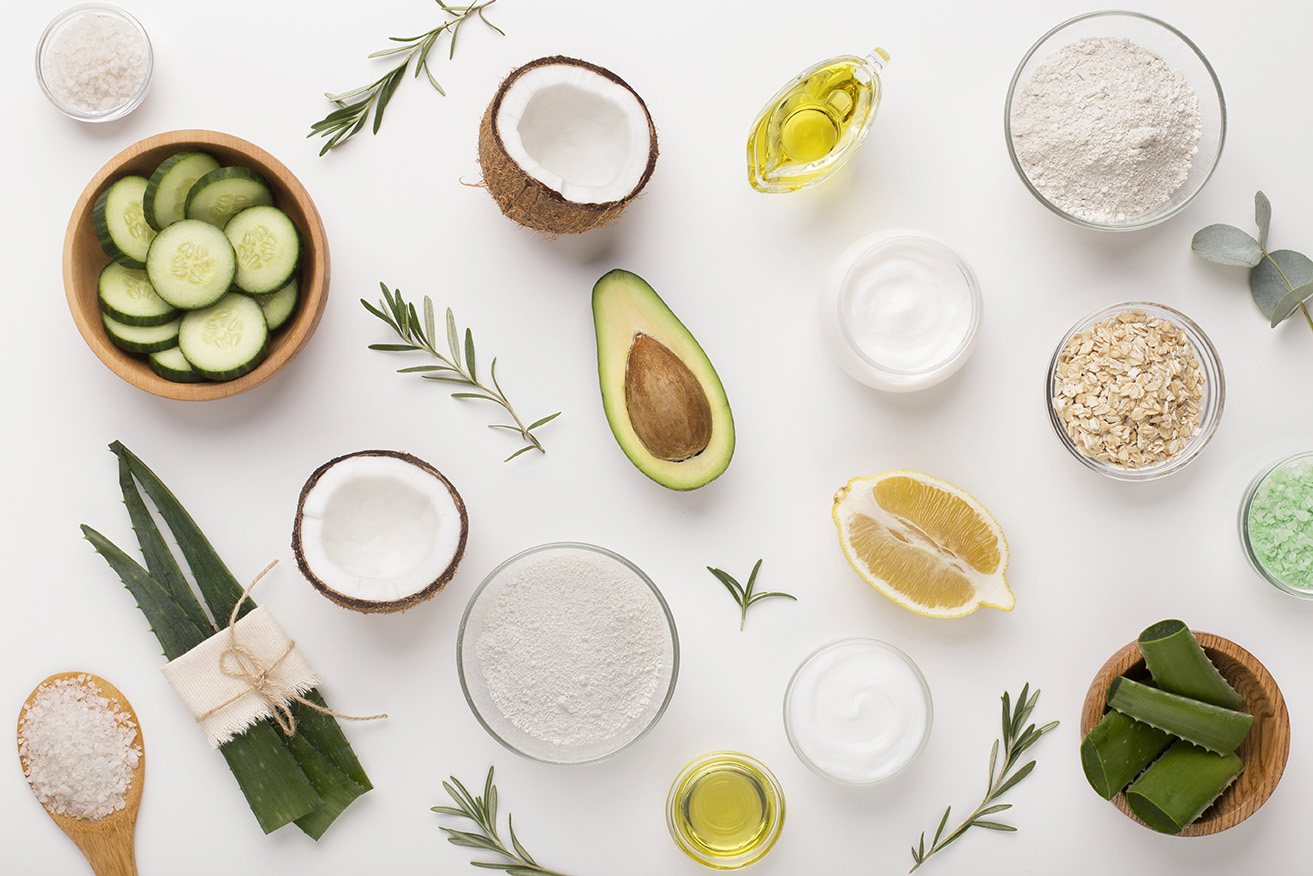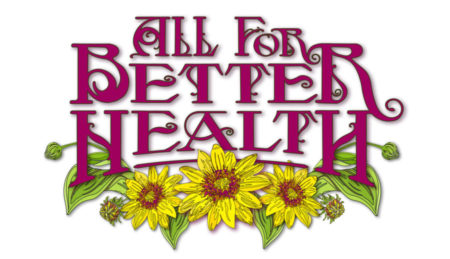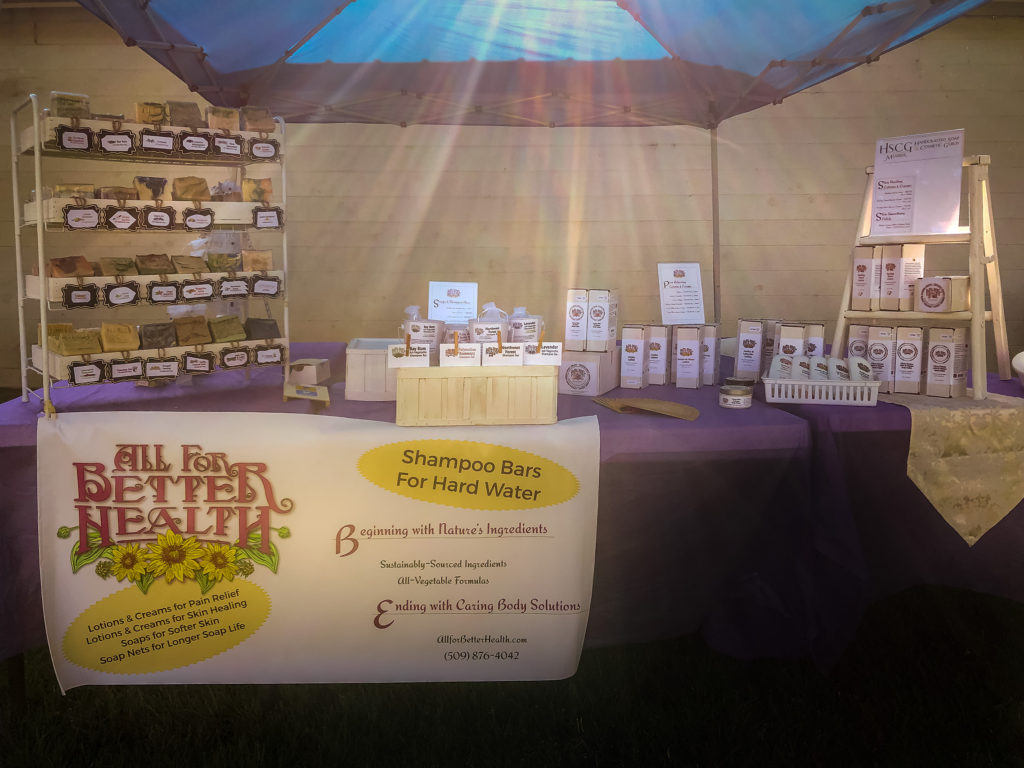
We use organic ingredients as often as possible. However, due to supply chain issues over the past couple of years, it’s often difficult to verify that an ingredient is organic.
This is especially true of essential oils. They come from all over the world. Many growers can’t afford the cost of certifying their organic ingredients.
We consider the source of our oils.
- Coconuts are grown generally without the use of pesticides. Thus, we’re less concerned about the oil being certified organic. However, pesticide exposure is higher in countries where mixed cultivation is common. Thus, as much as we love Dominica, we would not source our coconut oil from there. They grow coconuts among bananas, and bananas struggle with leaf spot. Crop dusters spray the fields regularly.
- Canola oil makes good soap. We purchase the organic version because the price is reasonable.
- Olives don’t require pesticides and minimal fertilizer application. Buying organic olive oil would only drive our production costs higher, without offering any real benefits.
- Soybean oil goes rancid quickly. This means it tends to produce yellow spots in soap. We switched to using soy wax because it’s hydrogenated. This solves the “dreaded yellow spots,” but it means we use one ingredient we know isn’t organic. When we find an organic soy wax source, we’ll switch vendors.
- Castor beans grow only in the tropics, with most grown in India. The leaves are highly vulnerable to caterpillars. Fortunately, India actively pursues the use of natural pesticides for this problem. We get certified organic when we can.
- Apricot kernel oil comes from the “nut” inside the seed. Food safe and cold pressed are the key considerations. Because the seed is protected from pesticide exposure by the fruit and hard seed coat, we use non-organic when the other isn’t available.
We consider the people who grow our ingredients.
My original soap formula included palm oil. When I learned of the negative impact its normal growing practices have on the environment, I changed my formula. Sustainably sourced options exist now, yet I’m happy with my soaps and shampoo bars, so I’m going back.
I also believe shea butter should be fair-trade certified. Less developed countries deserve fair benefits for their labor. There’s at least one side benefit to fair trade. Shea butter is usually organic.
Summary
Rather than eliminating non-organic ingredients, we focus on choosing ingredients where pesticide residues are rare.
-
 Shampoo BarsProduct on saleOriginal price was: $10.00.$5.00Current price is: $5.00.
Shampoo BarsProduct on saleOriginal price was: $10.00.$5.00Current price is: $5.00. -
 Arnica Hemp LotionProduct on saleOriginal price was: $26.00.$13.00Current price is: $13.00.
Arnica Hemp LotionProduct on saleOriginal price was: $26.00.$13.00Current price is: $13.00. -
 All-Vegetable SoapProduct on saleOriginal price was: $10.00.$2.50Current price is: $2.50.
All-Vegetable SoapProduct on saleOriginal price was: $10.00.$2.50Current price is: $2.50. -
 Pain Relieving Arnica Lavender LotionProduct on saleOriginal price was: $24.00.$12.00Current price is: $12.00.
Pain Relieving Arnica Lavender LotionProduct on saleOriginal price was: $24.00.$12.00Current price is: $12.00. -
 Enhanced Arnica Cream in Cocoa Arnica Mint ScentProduct on sale$11.00 – $16.50
Enhanced Arnica Cream in Cocoa Arnica Mint ScentProduct on sale$11.00 – $16.50 -
 Exfoliating Vegetable SoapProduct on saleOriginal price was: $10.00.$2.50Current price is: $2.50.
Exfoliating Vegetable SoapProduct on saleOriginal price was: $10.00.$2.50Current price is: $2.50. -
 Healing Touch Barrier CreamProduct on saleOriginal price was: $26.00.$13.00Current price is: $13.00.
Healing Touch Barrier CreamProduct on saleOriginal price was: $26.00.$13.00Current price is: $13.00. -
 Healing Touch Lotion for Cracked SkinProduct on saleOriginal price was: $23.95.$12.00Current price is: $12.00.
Healing Touch Lotion for Cracked SkinProduct on saleOriginal price was: $23.95.$12.00Current price is: $12.00. -
 Soap Holding Pouch – Soap Net – BPA-free. Durable. American-made.Product on saleOriginal price was: $3.00.$1.75Current price is: $1.75.
Soap Holding Pouch – Soap Net – BPA-free. Durable. American-made.Product on saleOriginal price was: $3.00.$1.75Current price is: $1.75.





